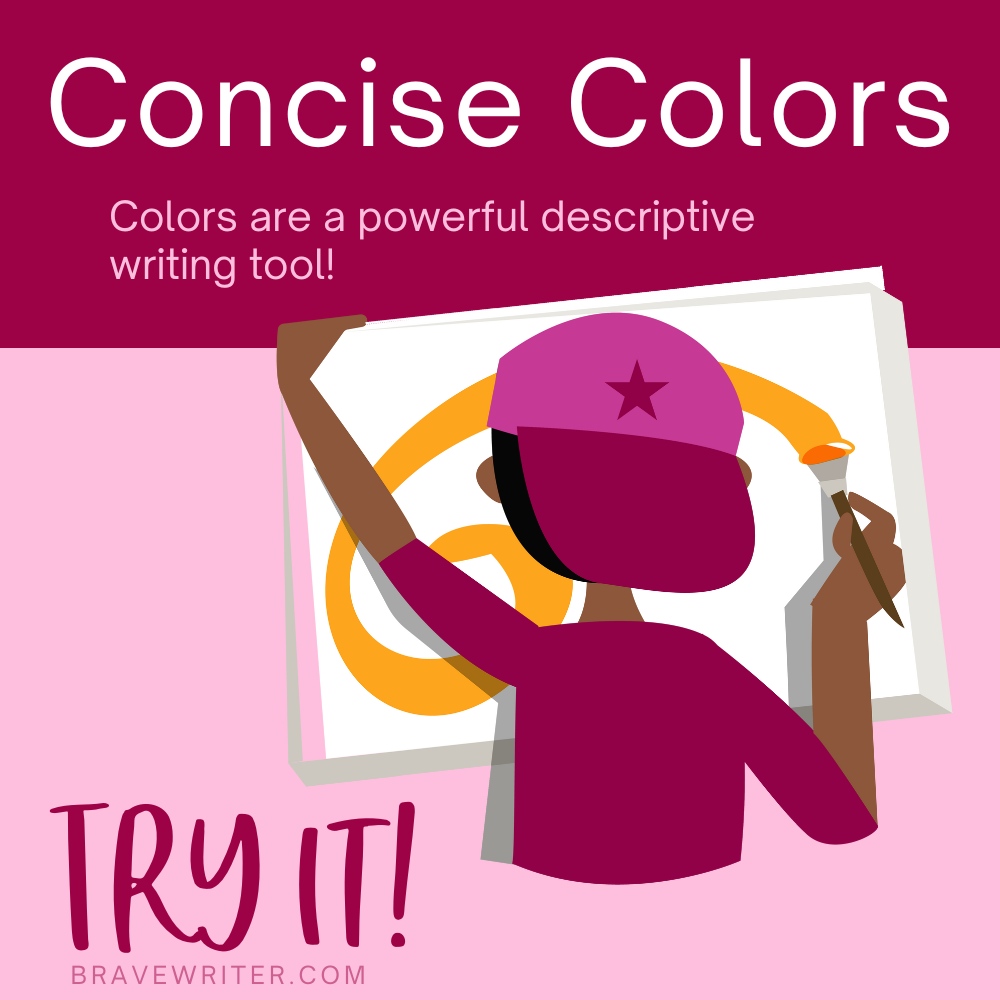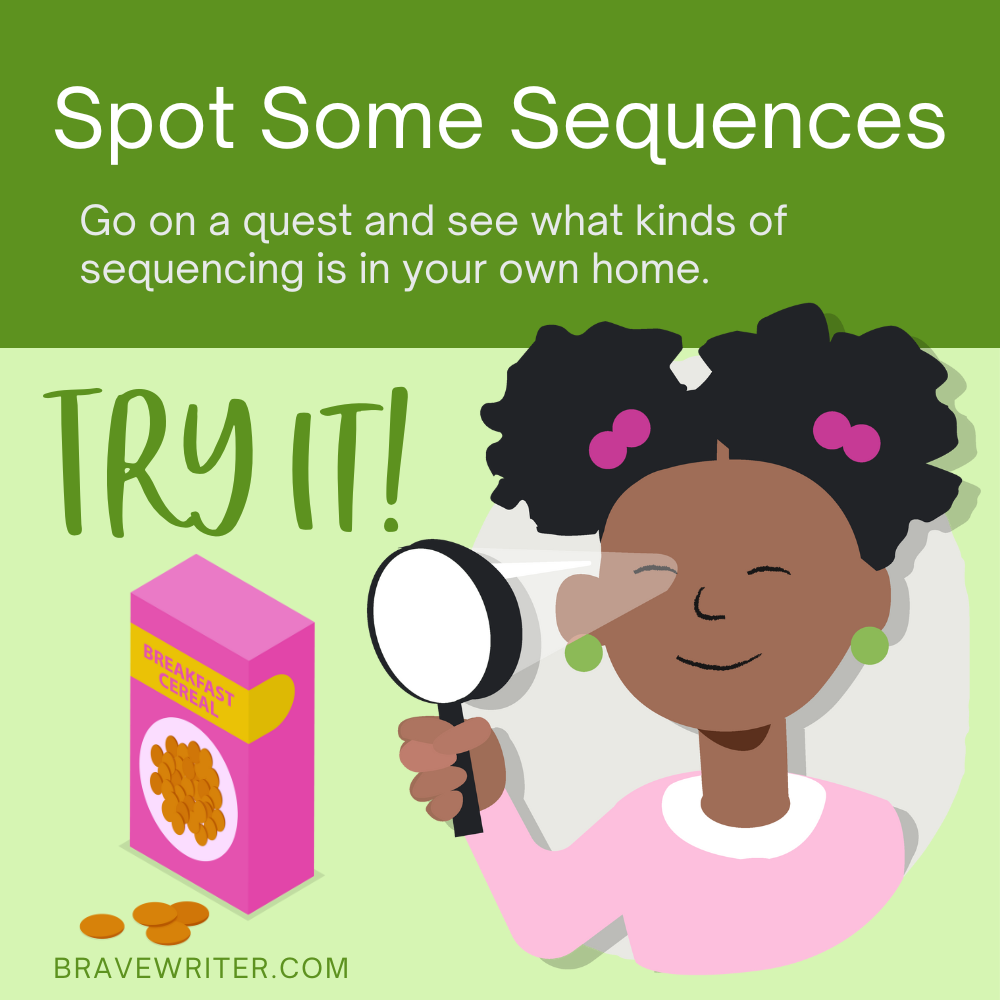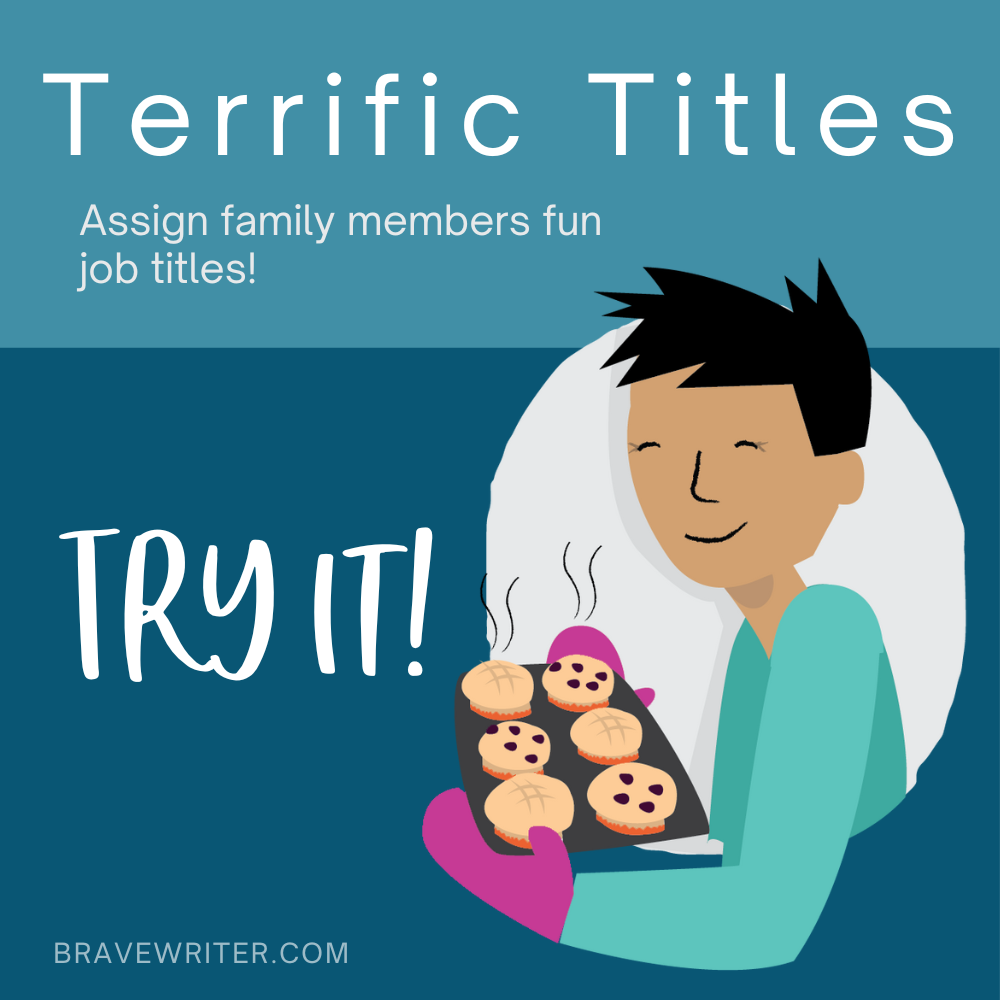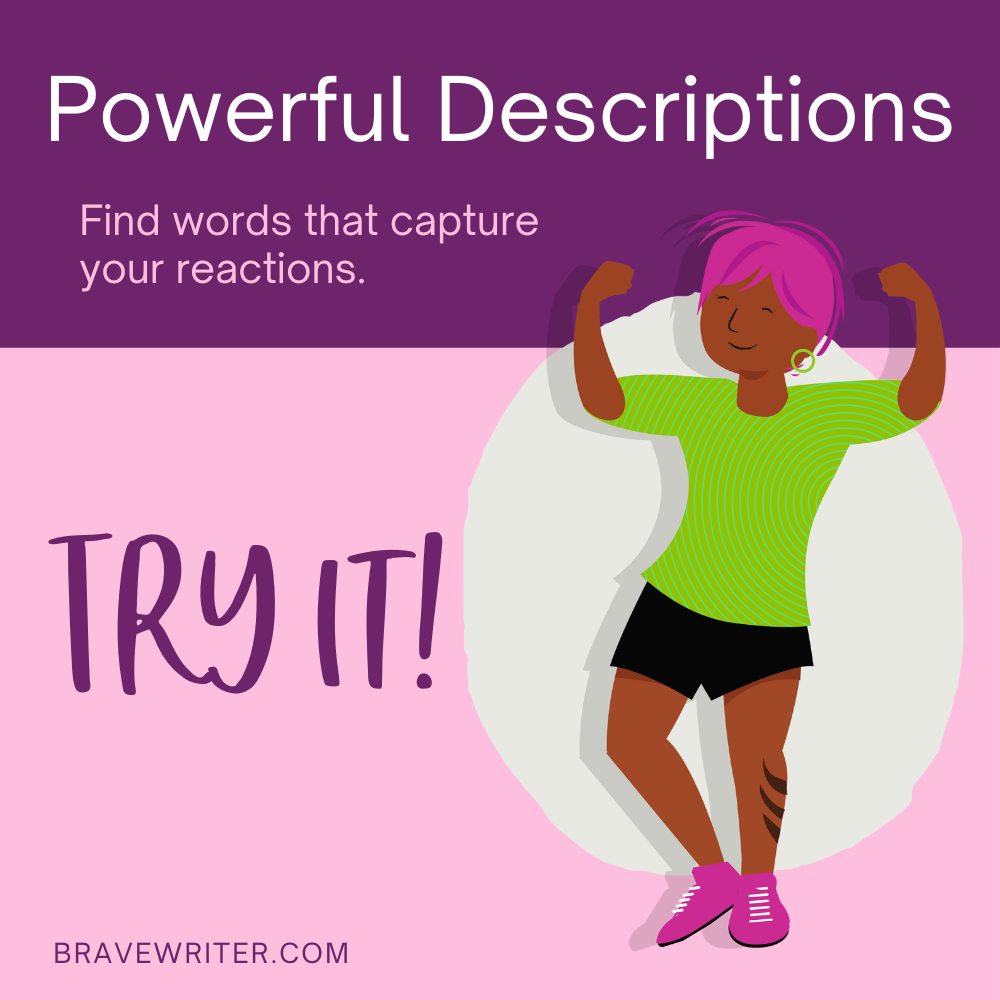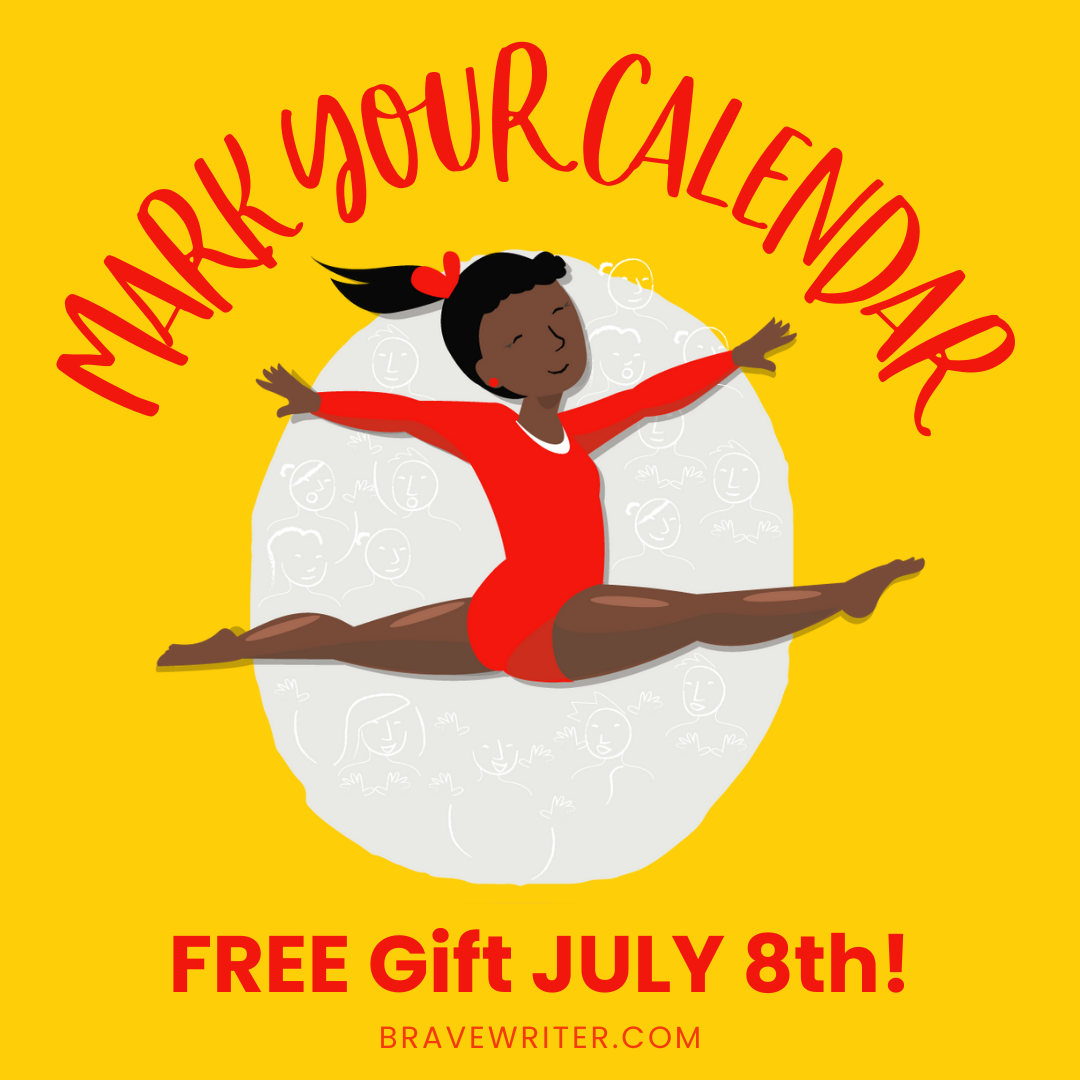
Pssst! We are whipping up a FREE gift just for you!
Mark your calendar! It’s coming July 8th!
Some hints:
- The athletes! ⛹🏾♂️⛹🏽♀️
- The uniforms! 🎽
- The flags! 🚩
- The triumph! 🏆
- The heartbreak! 💔
Are you ready for it?
Yes, it may have something to do with the Olympics!
We know you planners are looking to make the most of the Summer Games!
You won’t want to miss it, so be sure that you have our emails
coming to your INBOX and not falling into Spam.
It’s got . . .
- booklists (including a few Arrow and Boomerang titles)
- writing ideas
- STEM inspiration
- art and craft ideas
- Big Juicy Conversation topics for both teens and the younger crowd
- art and music appreciation
- trivia links and prompts
- nature study
- game ideas inspired by the Games
- Poetry Teatime inspiration and booklists
- Paralympic links and prompts
- medals for you to use however you like
- and much more
We’re excited to share it with you! 🤗
JULY 8th! Keep an eye on your inbox!

